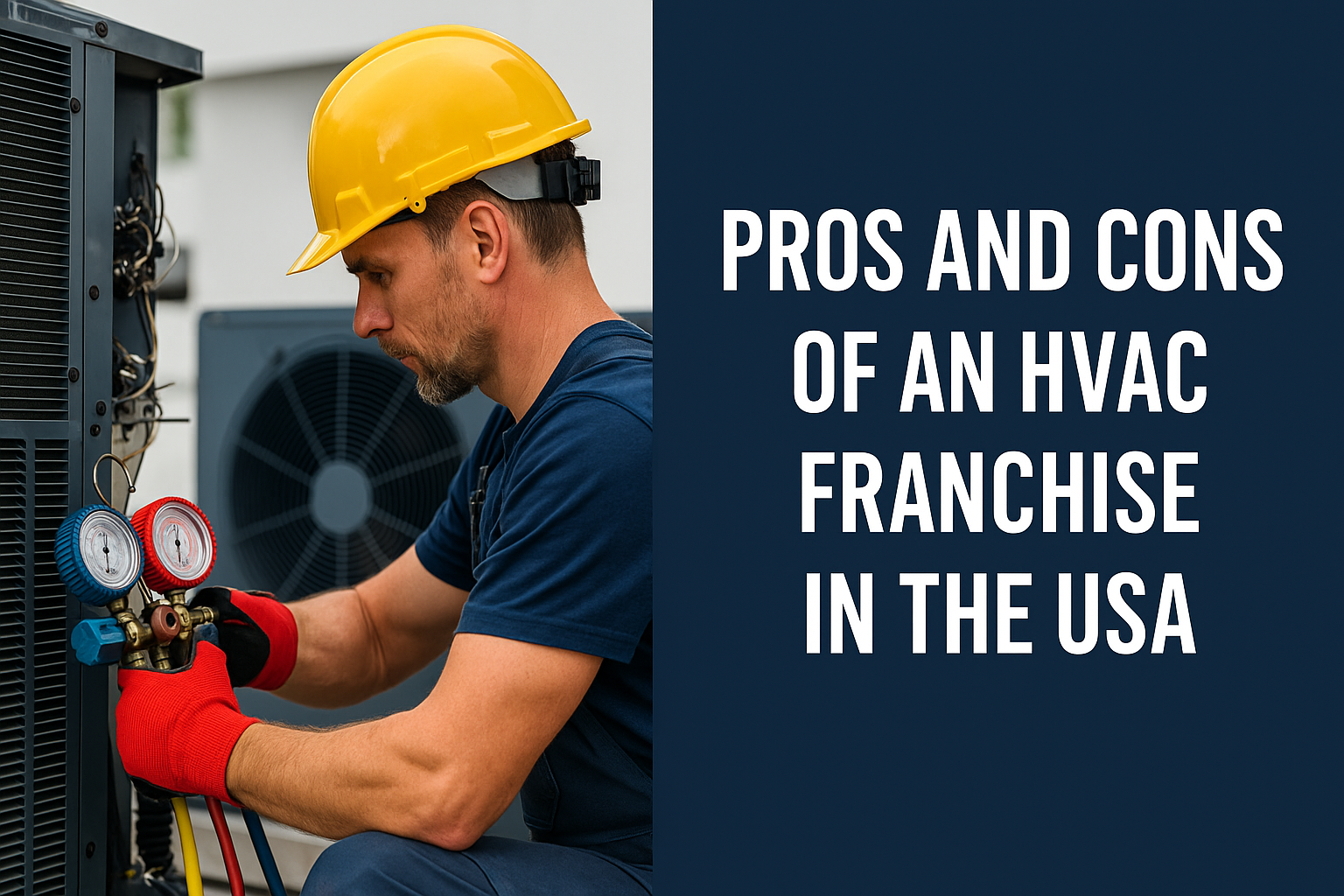
Considering an HVAC Franchise? Here's What You Need to Know
The HVAC (heating, ventilation, and air conditioning) industry is a cornerstone of modern infrastructure, offering consistent demand across residential, commercial, and industrial sectors. For entrepreneurs considering entry into this space, franchising offers an appealing pathway—but it’s not without its trade-offs.
Pros
One of the biggest advantages of joining an HVAC franchise is the brand recognition and support. Franchisors typically provide training, marketing resources, operational tools, and lead generation strategies to help you succeed faster than going it alone. You’ll benefit from proven business systems and ongoing assistance in areas like recruitment, customer service, and technology integration.
Additionally, HVAC services are essential and year-round, meaning you won’t face the same seasonal dips as some other industries. In areas with extreme climates, demand for maintenance, repairs, and installations remains strong.
Cons
On the flip side, HVAC franchises often require significant startup investment, including franchise fees, equipment costs, and licensing. Additionally, you’ll be expected to adhere to the franchisor’s model, which may limit your flexibility in branding, pricing, and service offerings.
Another consideration is competition. In many regions, the HVAC market is already saturated, making it crucial to thoroughly research local demand and existing service providers before committing.
Final Thought
If you're considering investing in an HVAC franchise, take the time to evaluate your goals, financial readiness, and local market conditions. Speak with existing franchisees, review the franchise disclosure document thoroughly, and ensure the franchisor offers the level of support you need. A well-informed decision now can set the stage for long-term success in a growing and essential industry.
